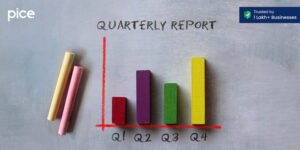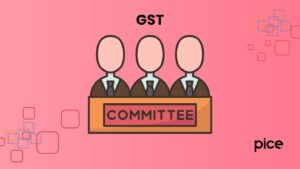Discover GST Benefits for Home Buyers in India (2025)
- 10 Jul 25
- 8 mins
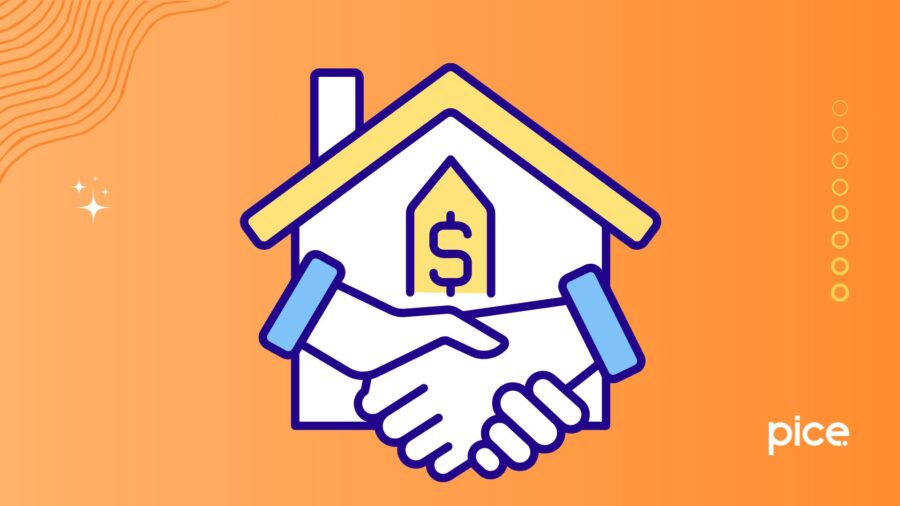
Discover GST Benefits for Home Buyers in India (2025)
Key Takeaways
- GST is applicable only on under-construction flats, not on ready-to-move-in or resale properties.
- Affordable housing projects enjoy a lower GST rate of 1%–1.5%, easing the financial burden for budget buyers.
- Buyers can claim a GST refund if a booked flat is cancelled before possession, subject to builder terms.
- A uniform GST structure across India replaces state-wise VAT and service tax, ensuring better price transparency.
- Flat maintenance charges above ₹7,500/month per unit attract 18% GST, provided the society’s turnover exceeds ₹20 lakh.
Purchasing a home is so much more than having a roof and four walls. It is the most significant investment that you will ever make. While many people focus on choosing the right location and drawing a layout, it is equally important to consider the involvement of taxes in home purchasing, especially Goods and Services Tax (GST).
Introduced in 2017, GST aims to streamline India’s taxation ecosystem. When it comes to the real estate sector, there are various GST benefits for home buyers. In the following guide, we will walk you through the impact and implications of GST on home purchasing in 2025.
GST on Property in India
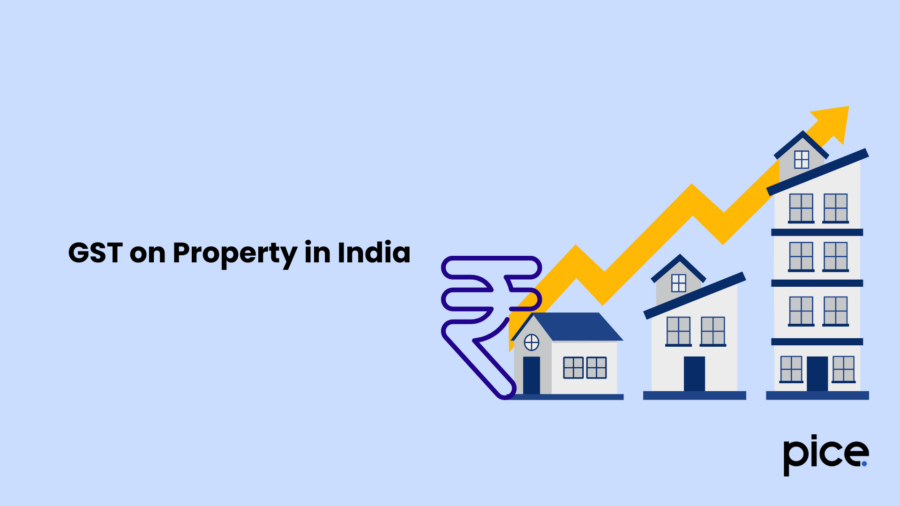
In India, GST serves as a crucial part of the total cost of properties in the real estate. Whether you are purchasing a flat or a house, if it is still in the development stage, it will attract GST.
However, it is important to note that GST does not apply to ready-to-move-in flats or resale properties, since these are considered immovable sales and GST was applied to them while they were being built.
The current rate of GST on properties in the making stage is less than that of the previous tax regimes, such as Excise Duty, VAT and Service Tax. The shift from various indirect taxes to one single tax has not only simplified the process but has also improved transparency and reduced the tax burden on home buyers.
Pre-GST Taxes on Real Estate
Here is the taxation framework on real estate transactions before GST was introduced:
| Nature of Duty | Rate of Tax |
| VAT | 1% to 4% |
| Service Tax | 4.5% |
| Registration Charges | 0.5% to 1% |
| Stamp Duty Charges | 5% to 7% |
Note: The above-mentioned taxes would only apply to under-construction properties.
GST Rates: 2025
Different property types are subject to varied applicable GST rates. Take a look:
| Type of Property | Applicability | Rate of Tax |
| For ready-to-move-in properties with completion certificates | Not applicable | NIL |
| For under-construction homes that are purchased using the credit-linked subsidy scheme | Applicable | 8% |
| For under-construction properties that are included in the affordable housing scheme | Applicable | 1.5% |
| For non-affordable housing properties that are in progress | Applicable | 7.5% |
| For other types of under-construction properties | Applicable | 12% |
| For resalable properties | Not applicable | NIL |
| For land purchases | Not applicable | NIL |
| For under-construction flats purchasing under the affordable housing scheme | Applicable | 1% |
| For under-construction flats not purchased under the affordable housing scheme | Applicable | 5% |
Note: Affordable housing scheme, like Pradhan Mantri Awas Yojana (PMAY), is defined as homes priced under ₹45 lakh with a carpet area of up to 60 sq. meters in metro cities and up to 90 sq. meters in non-metros.
Impact of GST on Home Buyers
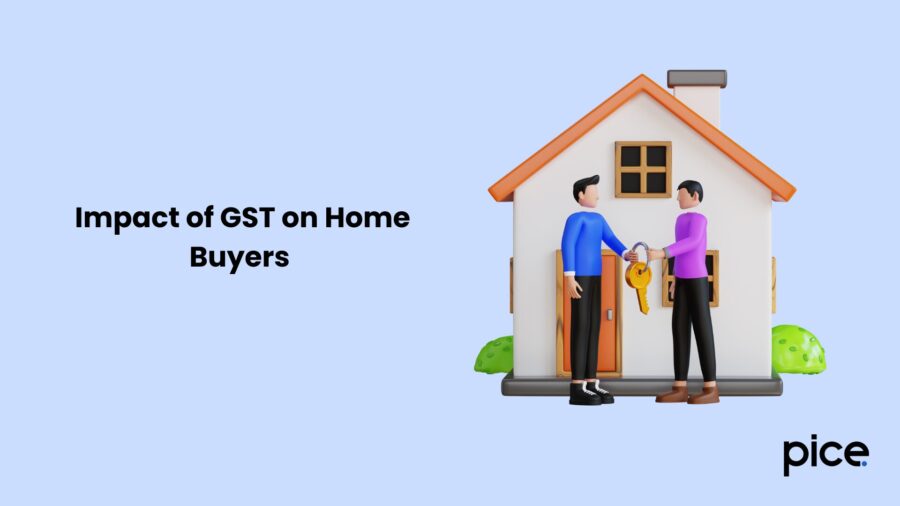
The GST application typically influences home buyers in India. Here’s a detail:
- Transparency: GST has replaced multiple cascading taxes with a single tax, making the price structure more transparent and rationalised. Home buyers now clearly understand the pricing structure.
- Affordability: The decreased rate of GST for affordable housing schemes has made properties accessible to all. This is particularly beneficial for people with budget constraints.
- Impact on Non-Affordable Housing: While properties under non-affordable housing attract GST more than those of affordable housing, it is still considered reasonable. However, it still elevates the base housing price for buyers, as real estate developers are unable to claim the ITC (Input Tax Credit) on the construction materials expenses.
- Clarified Tax Structure: The uniform GST rate across the country makes tax information clearer. Before, VAT and service tax rates changed from state to state, which was confusing.
- Zero GST on Ready-to-Move Properties: Since ready-to-move-in flats claim zero GST, you can opt for those to skip GST. Not only do you save on tax, but you also avoid construction delays.
Comprehending GST Implications on Flat Maintenance Fees
The application of GST does not stop at home buying, it continues to post-possession charges as well. If the maintenance cost in your society is above ₹7,500 for each month per member, then 18% of the GST rate will apply to it.
For example:
- Maintenance charge = ₹10,000/month. Thus, GST is ₹1,800/month.
- Maintenance charge = ₹7,000/month. Therefore, no GST is applicable.
Note: GST applies only if the annual turnover of the society or RWA (Resident Welfare Association) exceeds ₹20 lakh.
Breakdown of GST-Affected Charges
- Common area electricity
- Housekeeping and security services
- Clubhouse and amenities maintenance
- Sinking fund, in some cases
Note: Ensure to be aware of these charges for better financial planning, especially if you are investing in premium residential properties.
Who Will Bear the GST Burden if a Flat Purchase Is Cancelled?
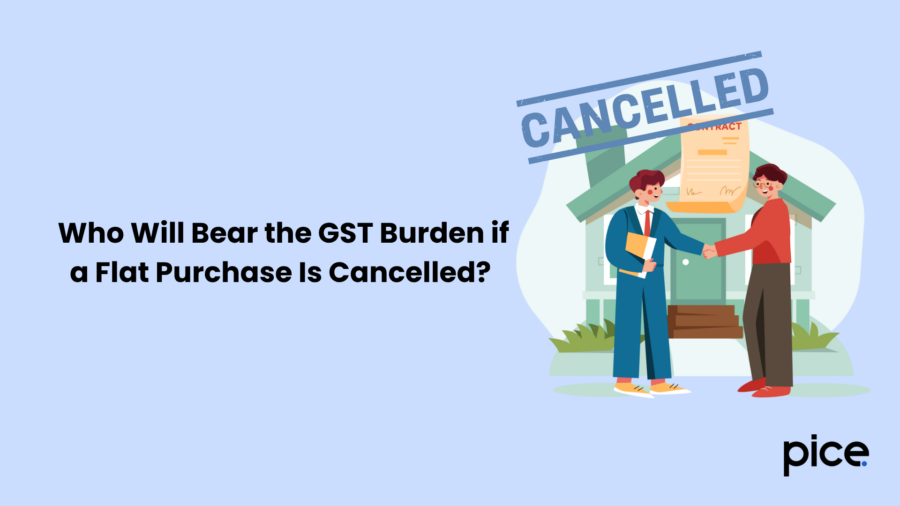
If a buyer cancels a flat booking before taking possession, he/she can get a refund of the GST paid on the advance. Since GST applies to the sale process, which is not completed until the buyer takes possession, developers must refund the GST amount to buyers. After that, builders can request a refund from the government.
However, builders may take out cancellation fees before returning the booking amount and GST. The specific fees depend on the builder's policy and the terms of the agreement. Interested buyers, especially if they are first-time home buyers, should make sure they have all the necessary paperwork to process the GST refund.
How to Calculate GST on Flat Purchases?
Here is a detailed guide:
- Step 1: Find the base price of the flat you are willing to purchase.
- Step 2: As per its type, identify how much GST will apply to it.
- Step 3: Get the exact GST amount after multiplying the rate of GST by the base price.
- Step 4: Add up the GST amount with the base price to get the amount that you are subject to pay for the flat.
For example:
If the base property cost of the flat is ₹40,00,000, which is under the affordable housing projects, the applicable GST will be:
GST = ₹40,00,000 * 1% = ₹40,000.
So, the out-of-pocket expense to purchase that flat will be ₹40,00,000 + ₹40,000 = ₹40,40,000.
Conclusion
To sum up, there are several GST benefits for home buyers in 2025. The implication of GST has transformed the Indian real estate market, making the taxation more structured and simpler for buyers. As a homebuyer in 2025, understanding where and how GST applies helps you make informed decisions, negotiate better deals and avoid surprises later.
💡If you want to streamline your invoices and make payments via credit or debit card or UPI, consider using the PICE App. Explore the PICE App today and take your business to new heights.
 By
By 








